The honor guard performs the flag-raising ceremony at half-mast during the National Funeral. (Photo: Tuan Anh/VNA)
When a working or retired cadre, civil servant or public employee passes away, his or her funeral will be held according to one of the following rituals: National funeral, State funeral, high-level funeral, funeral of a cadre, civil servant or public employee.
This is one of the main contents of Decree No. 237/2025/ND-CP (Decree 237) amending and supplementing a number of articles of Decree No. 105/2012/ND-CP dated on organizing funerals for cadres, civil servants and public employees, which has just been issued by the Government .
Changes to funeral rituals other than those specified in this Decree shall be made in accordance with regulations of competent authorities.
Decree 237/2025/ND-CP amends and supplements a number of clauses of Article 5 of Decree 105/2012/ND-CP on positions eligible to hold State Funerals, including adding provisions for cases of dismissal from office due to violations or shortcomings.
In the case of a deceased person holding one of the following positions: General Secretary of the Central Executive Committee of the Party; President of the Socialist Republic of Vietnam; Prime Minister of the Socialist Republic of Vietnam; Chairman of the National Assembly of the Socialist Republic of Vietnam, who is dismissed from office, retires from work, retires before the prescribed age, or retires according to regulations due to violations or shortcomings, the funeral will be held according to the High-level Funeral protocol.
The hearse in the National Funeral ceremony. (Photo: Pham Cuong/VNA)
The Decree also amends and supplements Article 21 of Decree No. 105/2012/ND-CP on titles authorized to organize State-level funerals.
Officials who are holding or have ceased to hold one of the following positions when they pass away will be given a State funeral: a) Politburo member, Secretary of the Party Central Committee; b) Vice President of the Socialist Republic of Vietnam; c) Deputy Prime Minister of the Socialist Republic of Vietnam; d) Vice President of the National Assembly of the Socialist Republic of Vietnam; dd) Chairman of the Central Committee of the Vietnam Fatherland Front; e) Chief Justice of the Supreme People's Court; g) Chief Prosecutor of the Supreme People's Procuracy ; h) General of the People's Armed Forces; i) Senior Lieutenant General of the People's Armed Forces who were revolutionary cadres before the August 1945 Uprising.
In the case of a deceased person holding one of the above-mentioned positions who is dismissed from his/her position, retired from work, retired before the prescribed age, or retired according to regulations due to violations or shortcomings by a competent authority, the funeral will be held according to the High-Level Funeral Ceremony; if disciplined by dismissal or removal of position or title, the funeral will be held according to the Funeral Ceremony for cadres, civil servants, or public employees.
Regarding the positions that are eligible to hold a high-level funeral, the Decree amends and supplements Article 34 of Decree No. 105/2012/ND-CP as follows: Officials and civil servants in office, or those who have ceased to hold positions under the management of the Politburo and the Central Party Secretariat (except for positions eligible to hold a State Funeral and a State Funeral); revolutionary cadres before January 1, 1945 (revolutionary veterans) who were awarded the First Class Independence Medal or higher; cadres who were active in the South during the anti-American period (1954-1975) who were awarded the First Class Independence Medal or higher; outstanding social, cultural and scientific activists (awarded the Ho Chi Minh Prize - individual award) and awarded the First Class Independence Medal or higher; Outstanding social, cultural and scientific activists (awarded the Ho Chi Minh Prize - individual prize) who are Heroes of the People's Armed Forces, Heroes of Labor, who are working or retired, are given a high-level funeral when they pass away.
In the case of a deceased person holding one of the above positions who is disciplined by being dismissed or having his/her position or title removed, the funeral will be held according to the Funeral Ceremony for officials, civil servants, and public employees.
In the case of a deceased member of the Party Central Committee (except for positions for which a State Funeral and State Funeral are held), the competent authority shall remove him/her from office, suspend work, retire early, or retire according to regulations due to violations or shortcomings. The funeral shall be held according to the Funeral rites for cadres, civil servants, and public employees.
Ban scattering of coins, encourage use of rotating wreaths Decree 237 also adds regulations suitable for the prevention and control of infectious diseases. Specifically, in the case of a funeral held at home, depending on local and family customs, the deceased's body must be embalmed and kept clean, especially for people with infectious diseases. The time from the embalming to the funeral ceremony is carried out in accordance with the provisions of the law on prevention and control of infectious diseases. In particular, the Decree stipulates: “Do not scatter or scatter money issued by the State Bank of Vietnam and foreign currency during the funeral procession from the funeral home or family to the burial place; do not burn votive offerings at the burial place.” The government encourages the use of rotating wreaths in funerals to create a civilized and economical culture in funerals. The Funeral Organizing Committee prepares a rotating wreath; the funeral announcement states: "The delegations coming to pay their respects do not bring wreaths, but only black cloth bands, measuring 1.2m x 0.2m, with the white words "Respectfully paid their respects" and below that is a small line with the name of the agency or organization to be attached to the wreath prepared by the Funeral Organizing Committee." | |
According to VNA
Source: https://baothanhhoa.vn/bo-sung-quy-dinh-to-chuc-le-tang-doi-voi-truong-hop-can-bo-nghi-huu-thoi-chuc-do-vi-pham-260443.htm



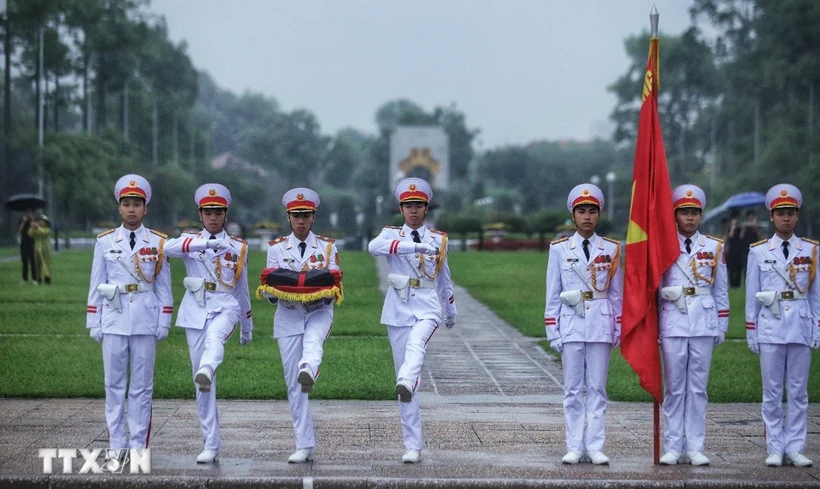
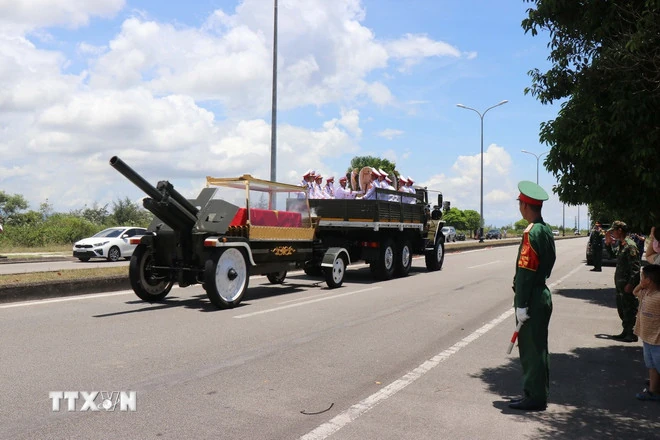



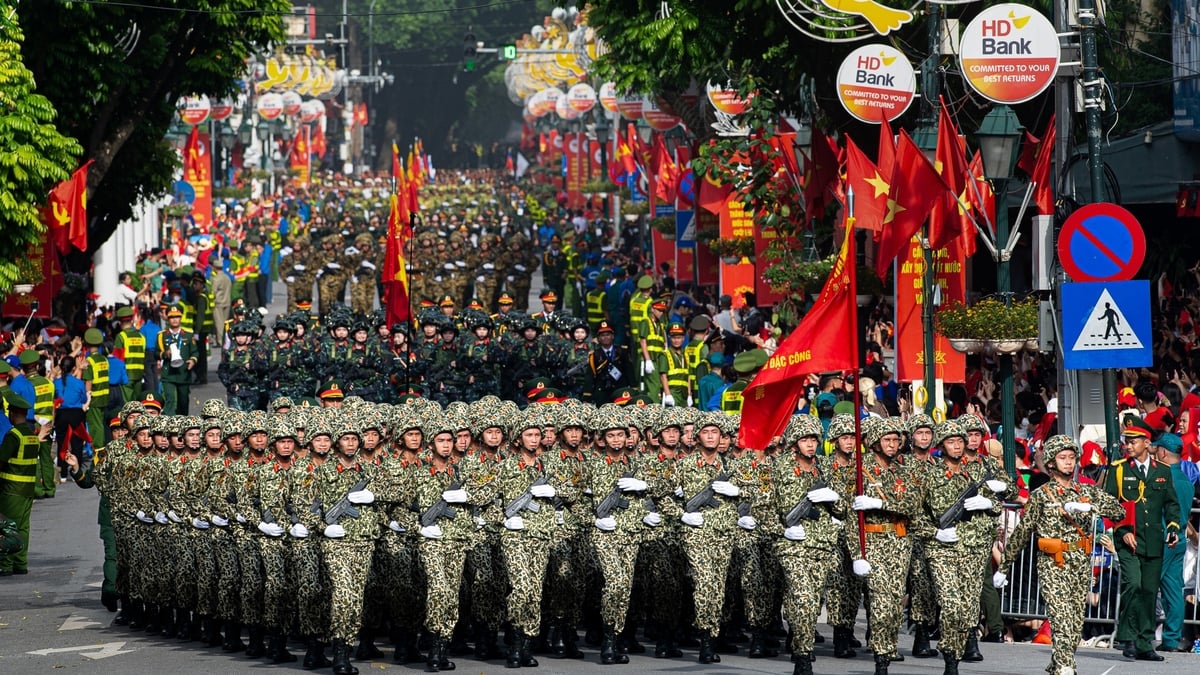

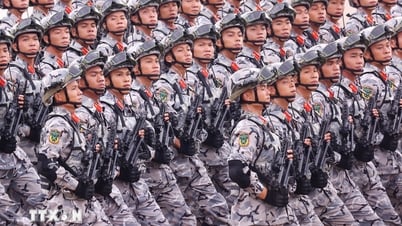

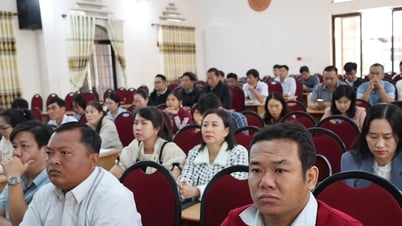

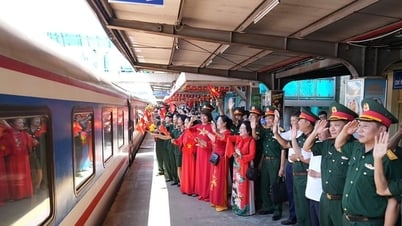

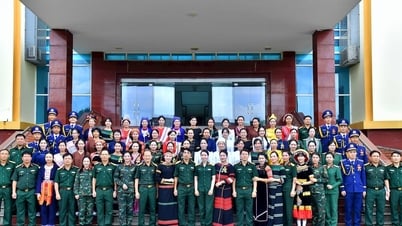






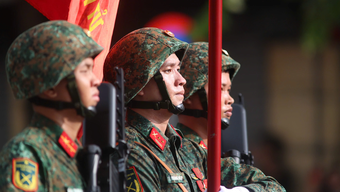


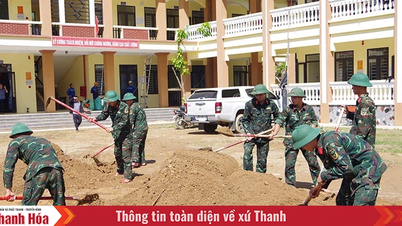
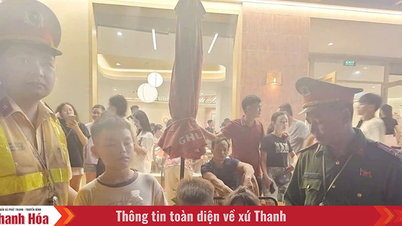
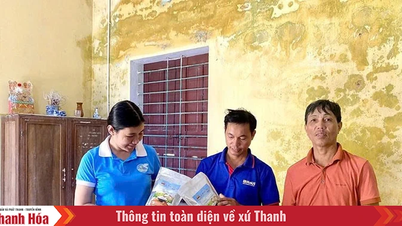
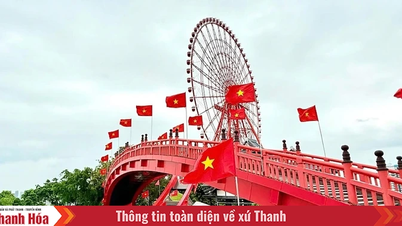

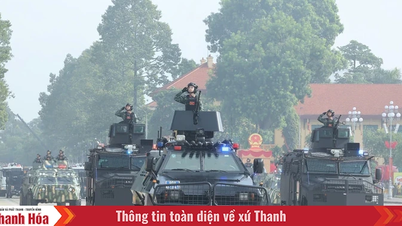
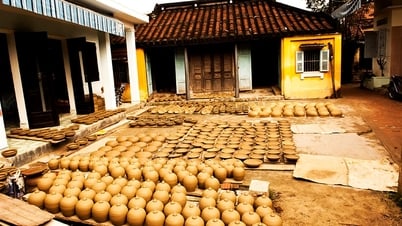











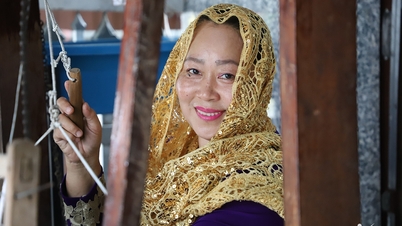

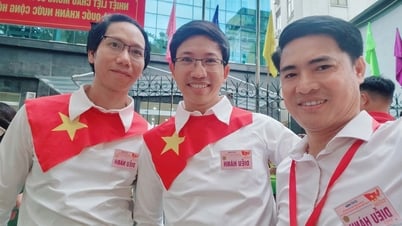

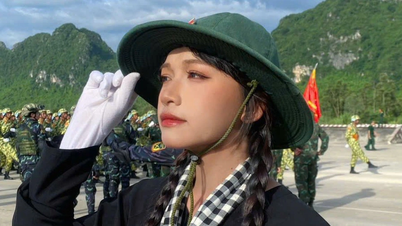
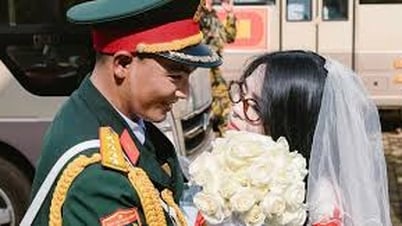












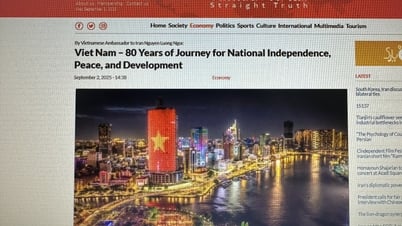
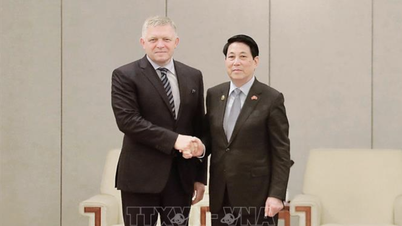

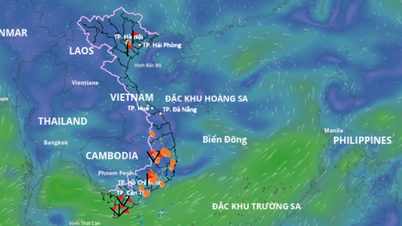
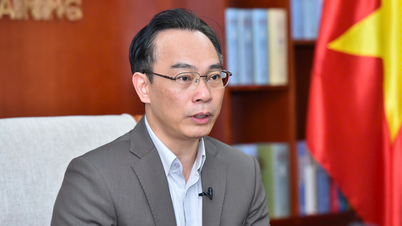

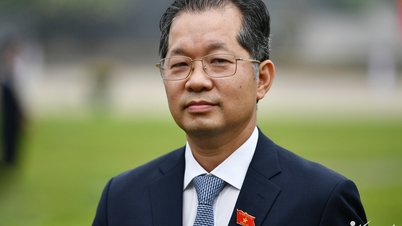

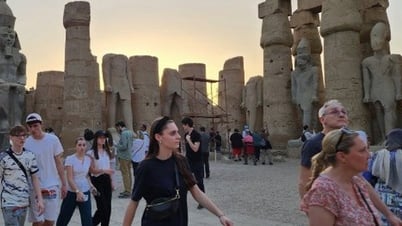

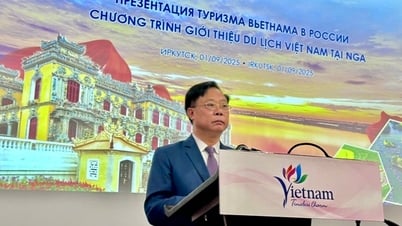

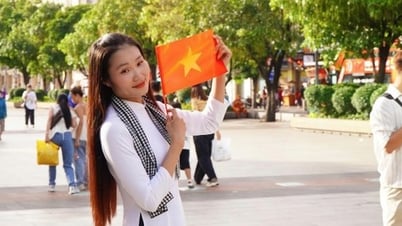
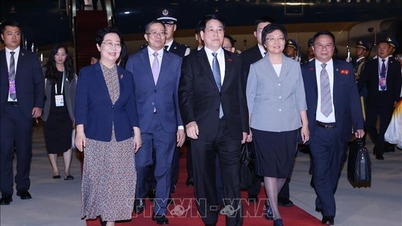

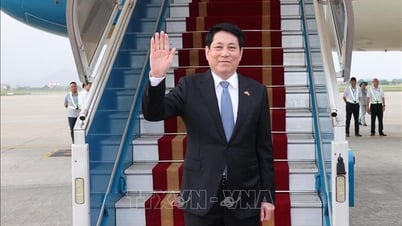



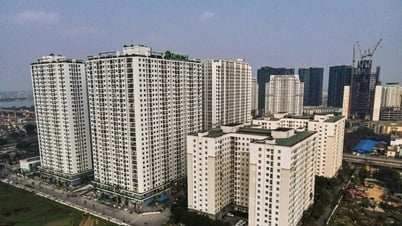



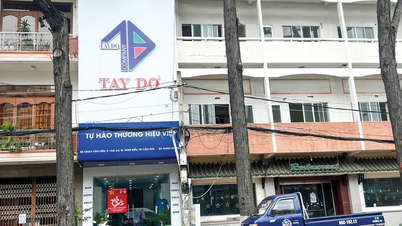



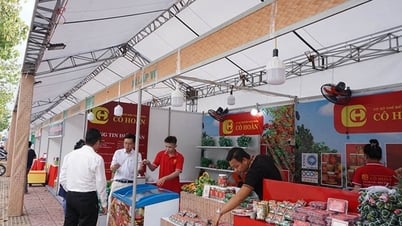







Comment (0)